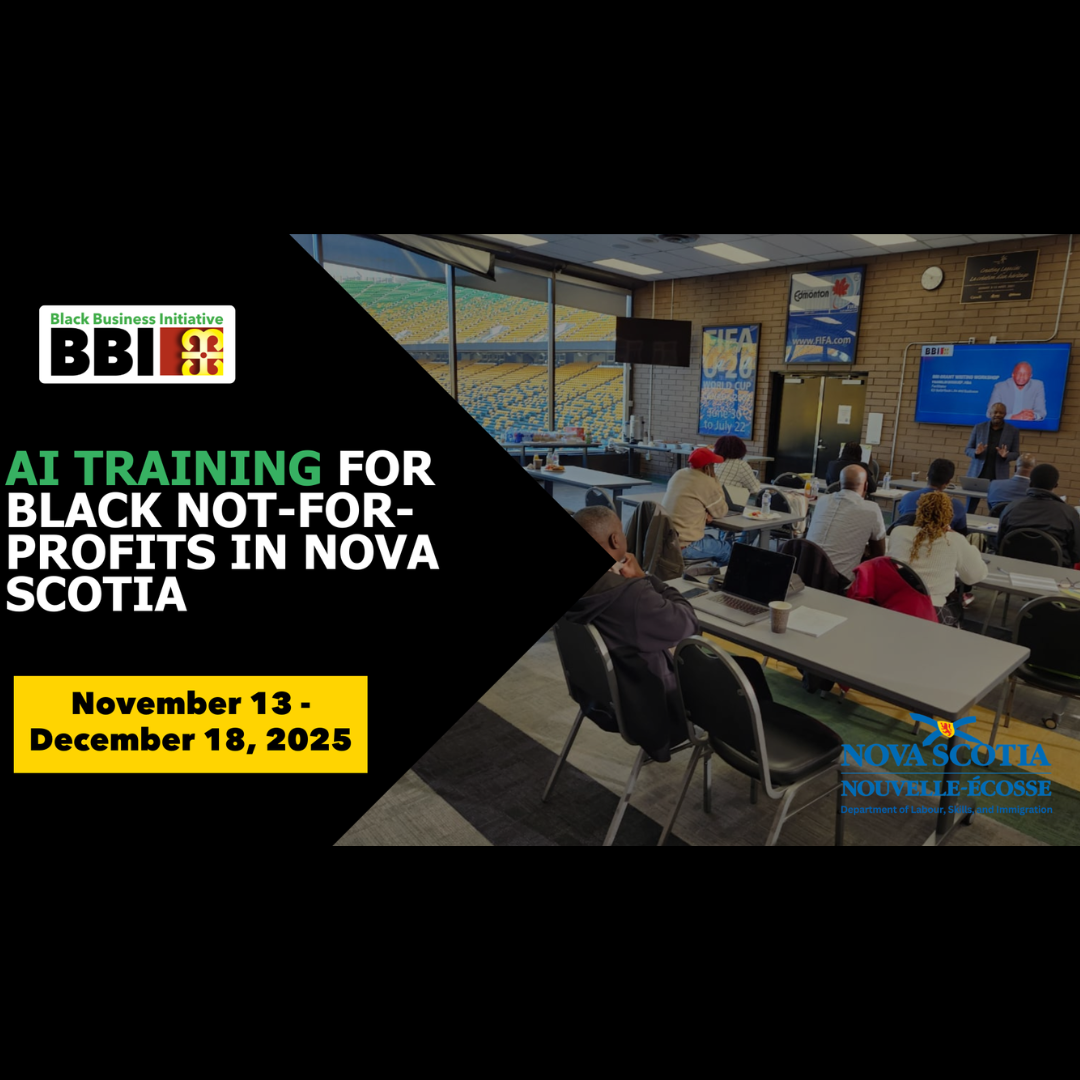Innovative Solutions for Addressing Climate Change in our Oceans — Export Business Award Winner

Approximately five years ago, Nicholas LaValle and a group of like-minded individuals began to feel a growing concern about climate change and its associated anxiety.
They observed the overwhelming amount of negative news surrounding global warming, which led to widespread public outcry and activism. Recognizing the need for constructive action, they embarked on a mission to find solutions to address some of these issues, particularly ocean based.
Over the years, Clean Valley CIC has collectively developed three products aimed at tackling different aspects of the climate problem. Its focus has always been centered around the ocean. LaValle believes leveraging the ocean’s capabilities is essential for meeting the pollution reduction goals set by organizations like the UN.
“It’s a very impact-driven business” LaValle says. “Every day is exciting. It feels easy to put your heart and soul into it. At the end of the day, you know that it is creating a solution for challenges that are being felt in the world, that makes the job feel less of a job and more of a mission.” He works on projects that mostly focus on individuals who run fish farms or oyster hatcheries. His first product, the algae biofilter, aims to treat wastewater from fish farms by utilizing natural processes found in oceans, lakes, and rivers. Rather than disposing of the wastewater, the biofilter uses little critters to filter it.
“We often partner with local oyster farmers, in order to increase the size of their oysters and they have it as a subscription service. The fish farmer is able to not only get his wastewater treated, but he also gets a green premium on the products that he sells because he’s growing his fish in a more natural environment.”
He has a second product which is an oyster hatchery. This product can produce upwards of 10 million spats, which is essentially the oyster seed, every seven to eight weeks, allowing farmers to secure their supply chain for years.
The third product is called Tidal Thrive, and it is designed to prevent coastline erosion. Along with its primary function of protecting coastlines from erosion, Tidal Thrive also helps in rejuvenating local ecosystems and promoting and restoring natural processes along the coastline. He said all three products work to benefit the oyster farming industry.
“It increases the oyster’s size. When you go to sell an oyster, you don’t sell it by the oyster, you sell it by its weight. The bigger you can make an oyster, the larger the profit for the oyster farmer.”
He decided to establish his business in Halifax due to its ideal location for innovation and access to global markets. “It’s situated between major markets such as the EU, Africa, and the United States, and availability of solid government support, and a collaborative community,” he said.
“I think that was a good moment for us to be appreciative and thankful because we had done something that not a lot of companies have been able to achieve. We’ve taken our product and entered halfway across the globe, set it up and have been running it for two years. That’s no small feat, and I think that award is a good representation.”
With the growing trend of Artificial Intelligence, he said he has successfully integrated AI technology into oyster farming, which involves using cameras to monitor the oysters’ responses to water factors such as temperature and food availability. The AI system generates predictions based on the collected data. The system is installed at hatcheries and farms to analyze data and make predictions. This initiative, which is the largest funded project for his organization, was backed by the Ocean Supercluster and received a grant of $414,000.
LaValle said that he is currently learning and expanding his knowledge about insurance industries and the underwriters responsible for creating policies for land-based fish farms, houses, and public property. According to him, insurance companies are finding it challenging to provide coverage because of the risks associated with climate change. He is researching nature-based solutions to mitigate risks and prevent damage to assets.


.png)
.png)


.JPG)



